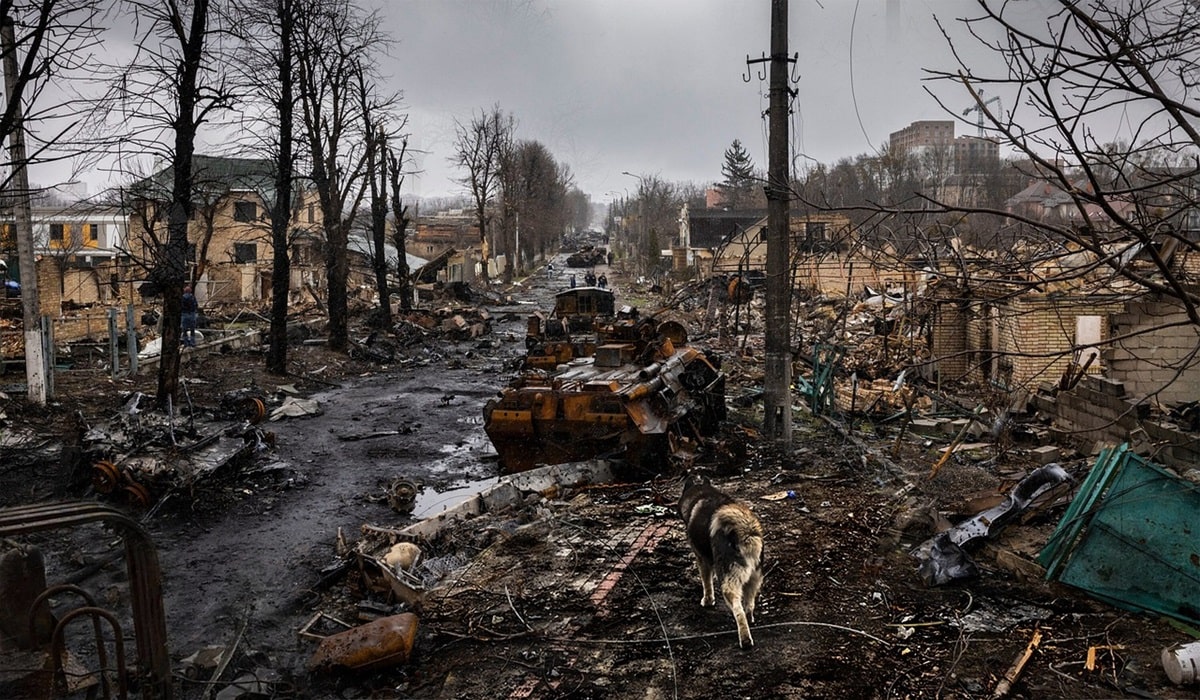Scorching Earth: The Extended Heat Wave Sweeping Across the US and Europe
- TDS News
- Breaking News
- July 23, 2023

As the world faces the relentless challenges of climate change, extreme weather events are becoming more frequent and severe. One such phenomenon currently gripping both sides of the Atlantic is an extended and dangerous heat wave across the United States and Europe. With temperatures soaring to unprecedented levels, communities on both continents grapple with the devastating consequences of the scorching heat.
Europe has been experiencing an unprecedented heat wave for over two weeks, with temperatures reaching dangerous levels of close to 40 degrees Celsius and beyond. Countries across the continent have been grappling with extreme heat, stifling the daily lives of millions of people. From bustling cities to serene countryside landscapes, the heatwave’s intensity has not discriminated, affecting both urban and rural communities.
The heat wave has created numerous challenges, ranging from increased energy demands as people crank up their air conditioning units to the depletion of water resources due to excessive usage. The agricultural sector has suffered significant setbacks, with crop failures and livestock losses being reported in several regions. In addition, the heat has severely strained public health services as authorities rush to provide relief and support to vulnerable populations, particularly the elderly and young children.
On the other side of the globe, the United States is also grappling with a relentless heatwave, impacting its iconic national parks. These natural treasures, known for their breathtaking beauty and biodiversity, have become hotspots for tragedy. Reports of deaths linked to extreme heat in national parks have raised alarm bells among park officials and visitors alike.
High temperatures and vast landscapes have made hiking and outdoor activities increasingly perilous. With many visitors underestimating the challenges of hiking in extreme heat, cases of heatstroke and dehydration have skyrocketed. Despite efforts by park authorities to issue warnings and encourage safety measures, some individuals continue to take risks, leading to tragic outcomes.
The intensification of heat waves across the globe is undeniably linked to climate change. Human activities, such as burning fossil fuels and deforestation, have substantially increased greenhouse gas emissions, contributing to the planet’s warming. As a result, weather patterns have become more erratic, and extreme heat events have become more common.
Scientists have been warning about the consequences of global warming for decades, and these recent heatwaves in Europe and the United States are a stark reminder of the urgency to address climate change. The prolonged and severe heat waves witnessed in these regions are no longer isolated incidents but part of a broader pattern of extreme weather events occurring worldwide.
Addressing the challenges posed by heat waves requires both mitigation and adaptation strategies. On a global scale, countries must redouble their efforts to reduce greenhouse gas emissions, transition to renewable energy sources, and implement sustainable practices in all sectors of the economy. International cooperation is crucial to combat climate change and protect vulnerable populations.
At the local level, governments must prioritize adaptation measures to build resilience against extreme heat events. This includes investing in cooling centers and infrastructure, implementing heat action plans, and raising public awareness about the risks of heat waves. Community support networks should be strengthened to assist those most susceptible to the heat’s adverse effects.
The extended heatwave across the United States and Europe is a stark warning about the devastating impacts of climate change. As temperatures continue to rise and heat waves become more frequent, communities must come together to address this global crisis. The urgency to take bold and immediate action to mitigate climate change and implement effective adaptation strategies has never been more pressing. Only through collective efforts can we hope to protect lives, preserve the environment, and secure a sustainable future for generations to come.








